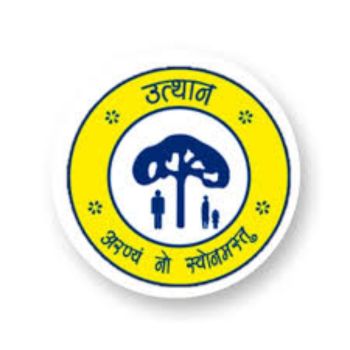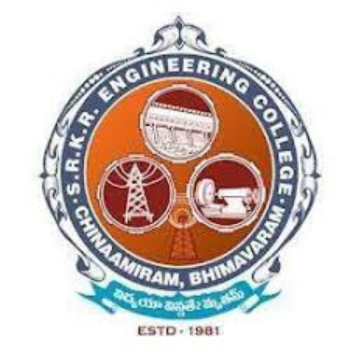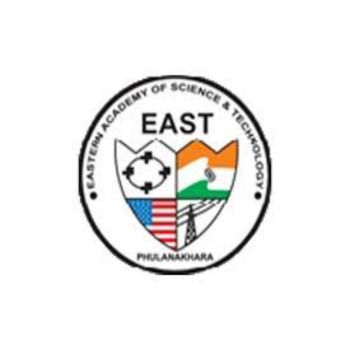PDM University has a strong focus on career readiness, offering robust placement support across its programs in management, engineering, healthcare, and other fields. The university collaborates with leading companies to provide students with internship opportunities, skill development workshops, and campus recruitment drives. With competitive packages and a growing list of top recruiters, PDM University ensures that students are well-prepared to transition smoothly from academics to professional careers.
Table of Contents
PDM University Placement Overview
| Branch/Course | Avg Package (LPA) | Highest Package (LPA) | % Placed / No. Placed | College Avg Placement (LPA) | Additional Info | Student Review on Placement Data |
| B.Tech | 4-6 | 8-12 | 70-75% | 5.5 | Top recruiters include Infosys, TCS, Wipro | CSE students get better tech roles compared to other branches |
| BBA | 3-4 | 6-8 | 65-70% | 3.8 | Banking and retail sector placements dominant | Average placements for commerce streams |
| MBA | 5-7 | 10-14 | 60-65% | 6.2 | Marketing and HR specializations preferred | Good corporate connections for summer internships |
| B.Pharma | 2.5-3.5 | 4-5 | 55-60% | 3.1 | Limited pharma company participation | Most placements in retail pharmacy chains |
| MCA | 3.5-4.5 | 7-9 | 50-55% | 4.0 | Focus on IT services companies | Need more product-based companies for MCA |
B.Tech: Leading the Tech Recruitment Wave
Engineering disciplines, particularly Computer Science, dominate placement outcomes at PDMU. With 70-75% of B.Tech graduates securing roles, the program benefits from strong ties to IT services giants like Infosys and Wipro. The average package of INR 4-6 LPA aligns with regional benchmarks for tier-2 engineering colleges, while top performers in CSE reach INR 12 LPA through specialised coding roles. Students frequently highlight the advantage of targeted technical workshops and hackathons organised by the university’s placement cell, which help bridge skill gaps in emerging areas like cloud computing and AI.
BBA and MBA: Navigating the Corporate Landscape
The university’s management programs show steady traction in traditional sectors, with BBA graduates primarily entering banking and retail operations (65-70% placement rate). MBA outcomes reveal a preference for marketing and HR roles, supported by summer internship opportunities in mid-sized enterprises. While the highest MBA package touches INR 14 LPA, the average range of INR 5-7 LPA suggests opportunities for strengthening ties with consulting firms and startups to diversify career pathways.
B.Pharma and MCA: Emerging Opportunities
Pharmacy graduates face a mixed landscape, with 55-60% securing positions largely in retail pharmacy networks rather than R&D roles. This mirrors broader industry challenges in pharmaceutical manufacturing recruitment. Meanwhile, MCA programs demonstrate growing relevance in IT services, though students emphasise the need for greater participation from product-based companies to elevate package ceilings beyond the current INR 9 LPA benchmark.
PDM University Institutional Support Systems
The university’s placement strategy revolves around three pillars:
- Pre-Placement Training: Year-round aptitude testing and communication skill workshops - Mock interview sessions with industry professionals - Technical bootcamps for engineering and MCA students
- Recruiter Engagement: Annual tech summits inviting companies for campus demonstrations - Alumni-led mentorship programs connecting students with corporate leaders - Regional industry partnerships in healthcare, IT, and banking sectors
- Career Counselling: Personalised roadmap development based on skill assessments - Entrepreneurship guidance for students exploring startup ventures - Graduate school preparation for research-oriented candidates
PDM University Industry Alignment and Future Trajectories
While PDMU has strengthened its foothold in IT and core engineering placements, there’s observable potential to expand into high-growth sectors:
- Healthcare Management: With increasing investment in India’s medical infrastructure, dual-degree programs combining pharmacy with management could unlock hospital administration roles.
- Data Analytics: Integrating Python and SQL training across disciplines would cater to the rising demand for data-driven decision-makers in finance and e-commerce.
- EdTech Partnerships: Collaborations with online learning platforms could provide students with niche certifications in blockchain, cybersecurity, and digital marketing.
PDM University Student Experiences and Feedback
Campus narratives reveal appreciation for the university’s structured placement processes but also highlight areas for improvement:
- Positive Aspects: Transparent communication about company expectations, regular skill gap analysis, and accessibility of placement coordinators.
- Growth Areas: Need for increased diversity in recruiter profiles, especially in pharmaceutical R&D and product-based IT roles. Some students suggest expanding international placement drives through global alumni networks.
PDM University Comparative Landscape
When benchmarked against similar institutions in the National Capital Region, PDMU holds competitive ground in engineering placements but trails slightly in the management domain diversity. The average B.Tech package surpasses many state-affiliated engineering colleges, while MBA outcomes align with newer private business schools. Pharmacy placements reflect nationwide challenges in industrial absorption of graduates, suggesting opportunities for curriculum modernisation toward clinical research and biotechnology.
PDM University Strategic Recommendations
To sustain placement growth, the university could:
- Develop specialised labs for IoT and biomedical research to attract niche recruiters
- Introduce mandatory internship credits across all programs
- Forge partnerships with industry associations like NASSCOM and FICCI for curated placement drives
- Implement semester-long corporate projects with academic credit incentives
As India’s job market evolves toward skill-based hiring, PDMU’s emphasis on adaptable training frameworks positions its graduates to navigate both established and emerging sectors. While certain disciplines require targeted intervention to match national placement leaders, the institution’s structured approach to industry collaboration provides a scalable model for long-term career success.










